Overview of Housing Affordability in Metro Boston: What Home Buyers Need to Know

As a real estate broker and owner of Digital Realty US, I’ve seen firsthand how challenging it can be for first-time home buyers in Metro Boston. Housing affordability is a critical issue, especially in a market as competitive as Boston’s. In this post, I’ll break down what you need to know about housing affordability in the area, how we compare to national trends, and offer some advice for navigating this high-priced market.
Housing Affordability in Boston
In Metro Boston, first-time home buyers are spending a significant portion of their income on housing. On average, 66% of their gross monthly income goes toward housing payments. With an average listing price of $883,614, the estimated monthly mortgage payment comes to about $6,751. This is well above the national average, making it even more important for buyers to carefully plan their budgets.
National Comparison
To give you some perspective, first-time home buyers across the U.S. typically spend about 49% of their income on housing payments, much lower than here in Boston. Even in nearby markets like Providence, RI, buyers are only spending 57% of their income, with a monthly payment around $4,508. These numbers highlight just how expensive the Boston market is compared to other cities.
Why Is Boston So Expensive?
One question I often get from clients is, “Why are Boston home prices so high?” The truth is, we’re one of the country’s highest-priced housing markets, and that’s not changing anytime soon. According to Elizabeth Renter, a senior economist at NerdWallet, home buyers in Boston need to adjust their expectations to fit the reality of the market. This means being open to exploring different neighborhoods or compromising on home features.
From my experience, I’ve found that buyers who expand their search beyond downtown Boston can find some solid opportunities. Areas like Somerville, Quincy, and Medford offer more affordable options while still being close to the city. For buyers looking to stay within their budget, considering these surrounding neighborhoods is often a smart move.
Breaking Down Housing Payments
Let’s talk about the breakdown of housing payments. When you buy a home in Boston, your monthly payment will typically include:
- Principal
- Interest
- Homeowner’s Insurance
- Real Estate Taxes
- Private Mortgage Insurance (PMI) if your down payment is less than 20%
While the national average monthly housing payment is around $3,500, Boston’s market brings it closer to $6,751. The higher costs reflect not only property values but also taxes and insurance premiums that come with living in the area.
Boston vs. Other Expensive Markets
Boston ranks among the top 10 most expensive markets in the country, and here’s how we compare to other cities:
- Los Angeles: 115% of income spent, average payment of $9,106
- San Diego: 88% of income spent, average payment of $7,886
- San Jose: 73% of income spent, average payment of $10,976
- New York City: 72% of income spent, average payment of $6,396
- Miami: 67% of income spent, average payment of $4,483
- Boston: 66% of income spent, average payment of $6,751
Other notable high-cost cities include Riverside, Sacramento, San Francisco, and Nashville.
Challenges for First-Time Buyers
First-time buyers face more challenges than repeat buyers—usually due to lower incomes and less-established credit. One of the biggest hurdles is Private Mortgage Insurance (PMI). Buyers with less than 20% down are often required to pay PMI, which increases monthly costs. That’s why I always recommend saving for a larger down payment if possible. Increasing your down payment from 8% to 20% not only helps avoid PMI but also reduces your monthly mortgage significantly.
My Advice for First-Time Buyers
As someone who’s worked with countless first-time buyers in Greater Boston, here’s my advice:
- Save for a larger down payment: The more you can put down upfront, the lower your monthly payments will be, and you’ll avoid PMI.
- Look into first-time home buyer programs: Massachusetts offers several programs with down payment assistance and competitive mortgage rates. It’s worth exploring these options to ease the financial burden.
- Be flexible on location and features: Sometimes buyers get fixated on one neighborhood or a specific type of home. Staying open to different areas or being willing to compromise on features can help you find a more affordable option that still meets your needs.
Conclusion
Buying a home in Metro Boston is no small feat, but with the right strategy and a clear understanding of the market, it’s absolutely achievable. Whether you're a first-time buyer or someone looking to move up in the market, being informed and prepared will set you up for success.
At Digital Realty US, I work with clients every day to help them navigate these challenges and find homes that meet both their needs and budgets. Remember, buying a home is a long-term investment, and even in a high-cost market like Boston, the right approach can make all the difference.
If you have any questions about the Boston real estate market or need help with your home search, feel free to reach out. I’m always here to help!
Categories
Recent Posts
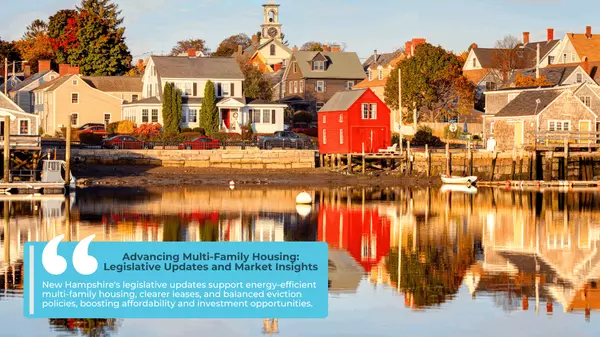
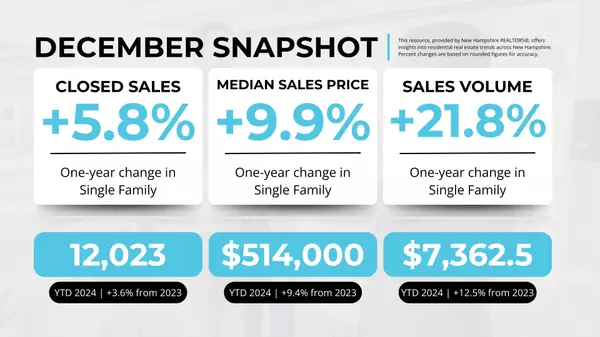
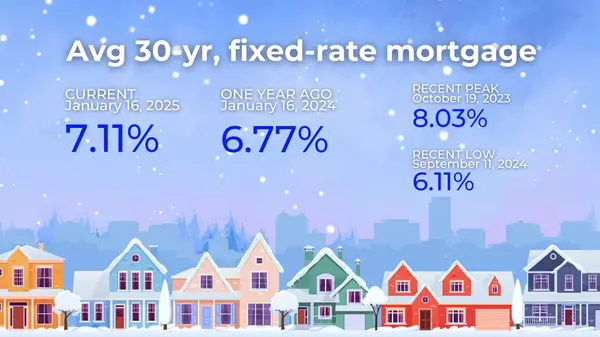
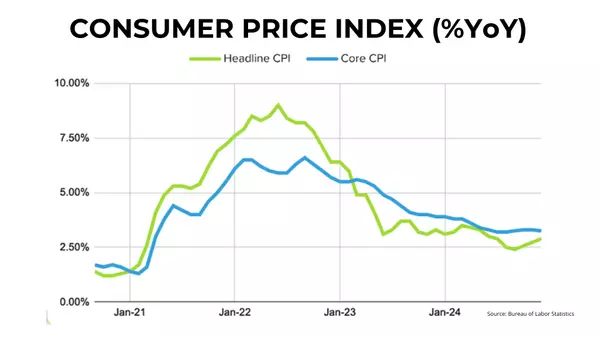
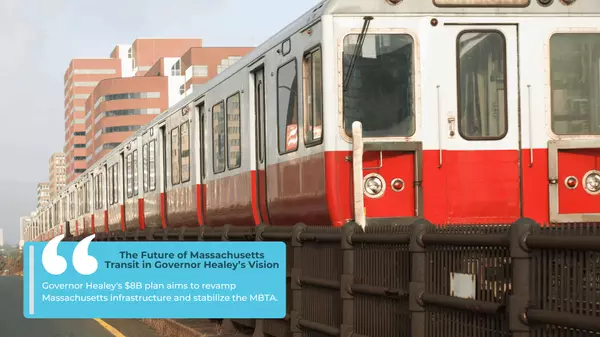
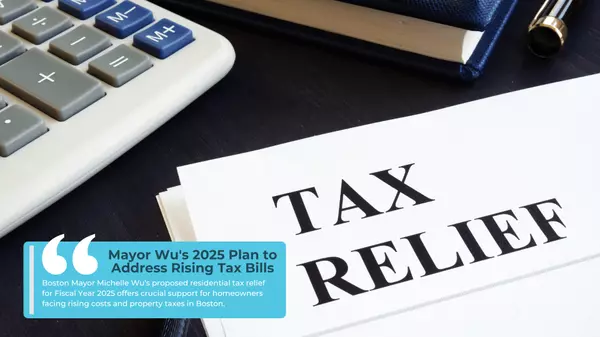
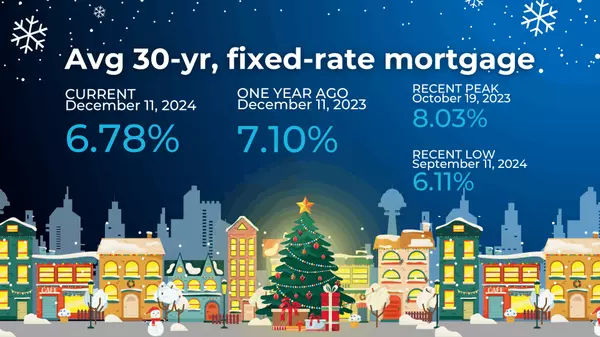
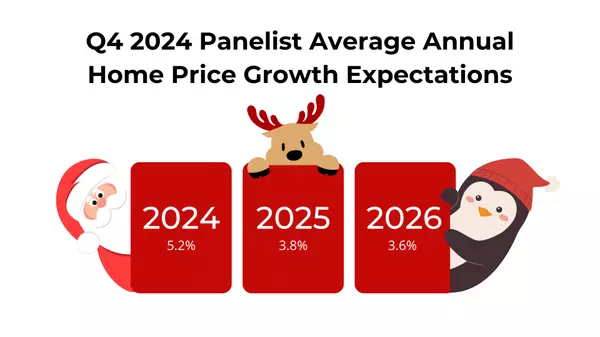
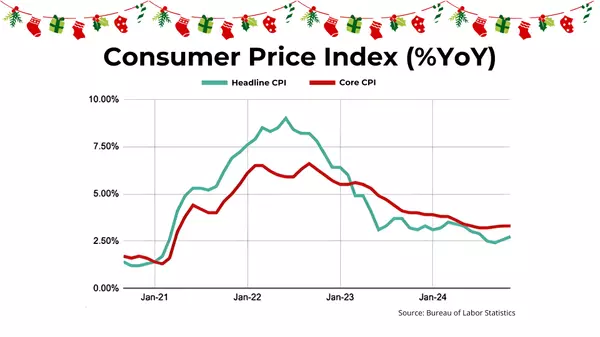
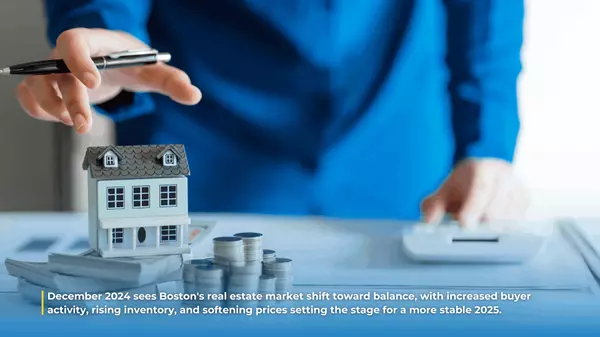
GET MORE INFORMATION

